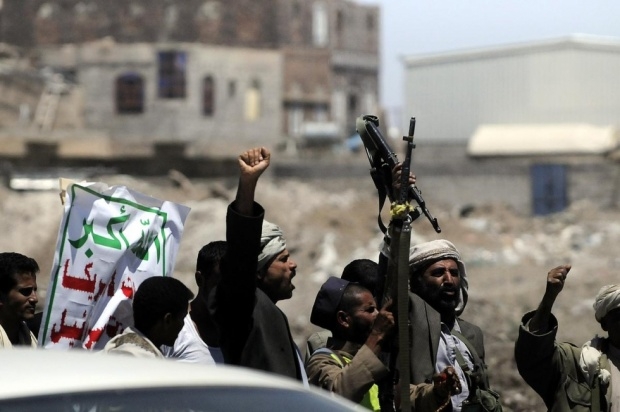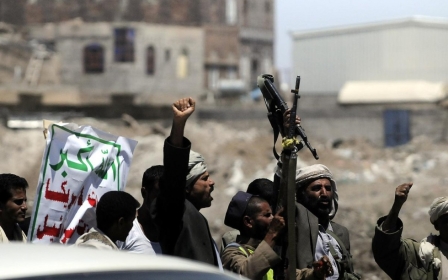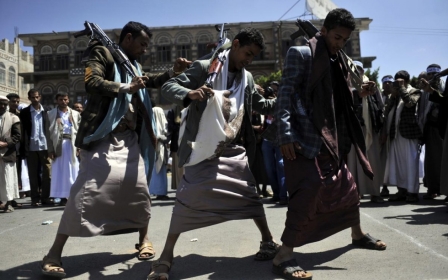Yemen's Houthis allegedly detain 66 Egyptian fishermen

Yemen's Houthis have held hostage 66 Egyptian fishermen in the western Yemeni province of Al-Hudaydah for six days now, the head of an Egyptian fishermen's union said Saturday.
Ahmed Nassar, the head of the fishermen's union in the Nile Delta province of Kafr al-Sheikh, told Anadolu Agency that the detained fishermen have had no contact with their families for three days.
While the Egyptian Foreign Ministry said on Thursday that the fishermen were detained by Yemeni authorities, Nassar said however, that the fishermen were detained by Houthi militants.
He said the fishermen told their families they were being maltreated by their captors and were under bad conditions, prompting the families to demand that the Foreign Ministry take measures to secure their release.
"The fishermen were just doing their work," Nassar said, insisting that the 66 fishermen did not violate the territorial waters of Yemen.
Foreign Ministry spokesman Badr Abdel-Ati, meanwhile, said his ministry was contacting Yemeni authorities to secure the quick release of the fishermen.
"We warned several times against violating the territorial waters of other countries," Abdel-Ati told the Anadolu Agency.
Houthi militants have been expanding their control across Yemen since they took control of the capital Sana'a on 21 September.
They captured the Red Sea city of Hudayda, home to the country’s second most important port, just weeks after seizing the capital, a security official said on Tuesday.
The Houthi rebels met little resistance as they swept into the port city, located 226 kilometres west of the capital Sana’a, taking over its air and sea ports, the official said.
Yemen has been suffering turmoil since a popular uprising erupted in 2011 which toppled longstanding president Ali Abdullah Saleh in 2012.
Middle East Eye propose une couverture et une analyse indépendantes et incomparables du Moyen-Orient, de l’Afrique du Nord et d’autres régions du monde. Pour en savoir plus sur la reprise de ce contenu et les frais qui s’appliquent, veuillez remplir ce formulaire [en anglais]. Pour en savoir plus sur MEE, cliquez ici [en anglais].




